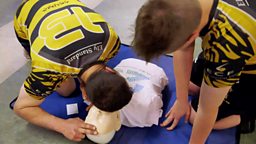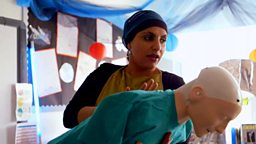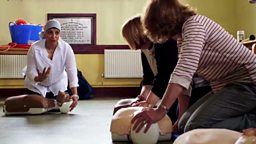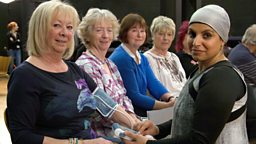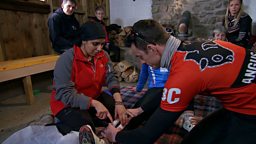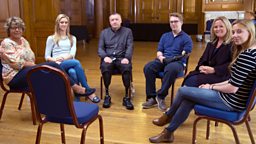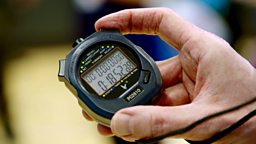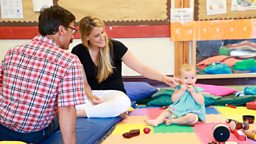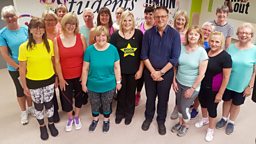What are the symptoms of postnatal depression, and what can you do about it?
Up to one in five women experience mental health issues in the months before or after they have a baby. One of the most common conditions is postnatal depression. It’s estimated to affect up to one in eight women, and one in four will still have the condition when their baby is a year old. It can also affect fathers and partners.
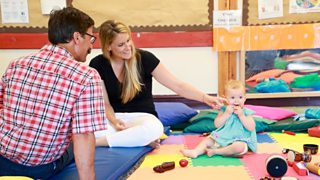
With the right support, and treatment if you need it, most people can make a full recovery from postnatal depression. However, tackling it quickly is key in order to limit the effect on both parent and child.
Symptoms
It is normal to have mood swings or to feel down, worried or tearful in the days immediately after giving birth, and this is commonly called ‘baby blues’. However, if these feelings start later, or go on longer, they could be a sign of postnatal depression. Other symptoms to watch out for are:
- Feelings of hopelessness or guilt
- Loss of interest, or withdrawing from friends and family
- Loss of appetite
- Sleep problems
- Frightening thoughts
Treatment
The main routes to recovery are self-help strategies, therapy, and medication. Psychological treatment is normally the first kind recommended, such as CBT, or interpersonal therapy. However, some women may avoid therapy because they feel there’s a stigma. When it comes to antidepressants, many women have concerns about taking them when breastfeeding.
New Research
A study led by the Royal College of Music, together with University College London and Imperial College London, found that women who took part in group singing sessions with their baby experienced a faster improvement in their symptoms. Now, these classes have been rolled out in several areas of London by Breathe Arts Health Research. The classes are called ‘Melodies for Mums’. Women can either be referred by their GP, or they can self-refer and be assessed to see if they are eligible to take part.
What else could help?
The singing study gives new insight into how taking part in group music could help the recovery process, and builds on evidence that interacting with others can be beneficial. Other things that can help are activities that get you outside and exercising, such as mother-and-baby walking groups. You should also try and find time for yourself and speak to others about how you are feeling.
